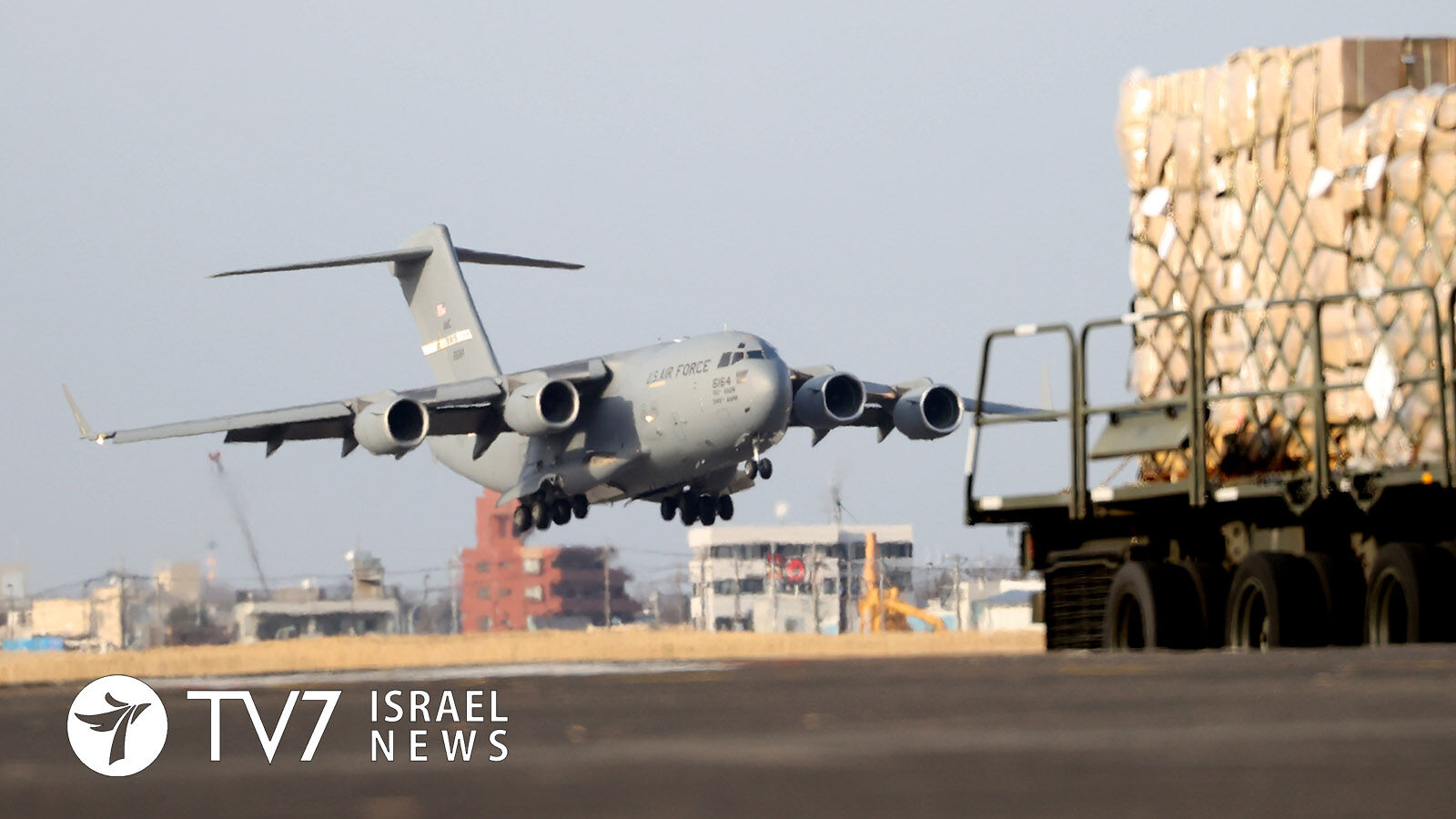The United States is diverting munitions kept in Israel to Ukraine for use in the war against Russia, the New York Times has reported.
By Erin Viner
In a response for comment, the IDF told TV7 that, “American equipment that was stored in Israel was transferred to the US Armed Forces a few weeks ago upon their request.”
An Israeli official confirmed that then-Prime Minister Yair Lapid approved the transfer last year, although the United States does not formally need such consent. “The Americans don’t need our permission to move them. These are American property,” former Israeli Defense Ministry Director General David Ivry was cited as saying by Reuters.
It is interesting to note that the move was authorized prior to the return to office on 29 December by Prime Minister Benjamin Netanyahu, who has cultivated a rapport during his previous terms with Russian President Vladimir Putin. The conservative Israeli leader said his new government will review its policy on the Ukraine-Russia war but has stopped short of pledging any direct supply of arms to Kyiv.
By contrast, the centrist Lapid, who served as premier for six months, was vocal in expressing solidarity with Ukraine. Despite pleas from Ukrainian President Volodymyr Zelenskyy, both Lapid and his right-wing predecessor Naftali Bennett limited Israeli assistance to protective gear and humanitarian aid – including the establishment of a field hospital, provision of life-saving defensive equipment and negotiating safe refuge for war refugees. The Jewish State also offered on multiple occasions to mediate an end to the conflict.
The Pentagon has stored munitions in Israel for decades to serve as emergency resupplies for the country in wartime, or for transfer to other US regional allies. The US Armed Forces has reportedly stated that the equipment will be resupplied to Israel in the future.
The interim deficit will not affect ability by the IDF to respond to emergency scenarios in any way.
According to the New York Times, Washington decided to move 300,000 155-millimeter artillery shells from Israel, about half of which have already been sent to Europe for redistribution to Kyiv.
Israel has been wary of straining relations with the Kremlin, which is a powerbroker in neighboring Syria where Israel coordinates strikes against Iranian deployments. Jerusalem and Moscow maintain a defense coordination mechanism in the Arab Republic to prevent clashes between their militaries. Russian forces have been deployed to fight in the Civil War on behalf of the Bashar al-Assad regime, while Israel frequently launches operations against deployments by Iran and its regional proxies such as the Hezbollah terror group in Syria.
Soon after Moscow’s invasion of neighboring Ukraine late February, the Kremlin sought to reassure Israel that the bilateral security coordination would remain unaffected.
Jerusalem is also mindful of the welfare of the large Jewish community residing in Russia.
